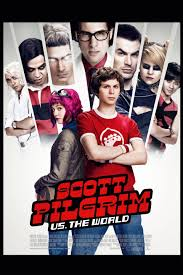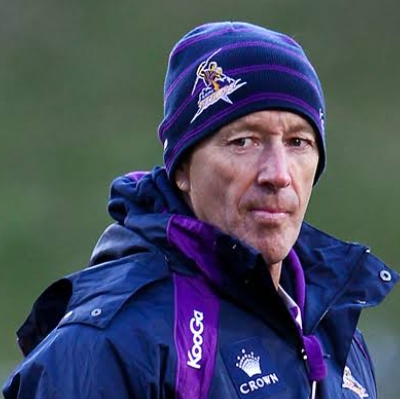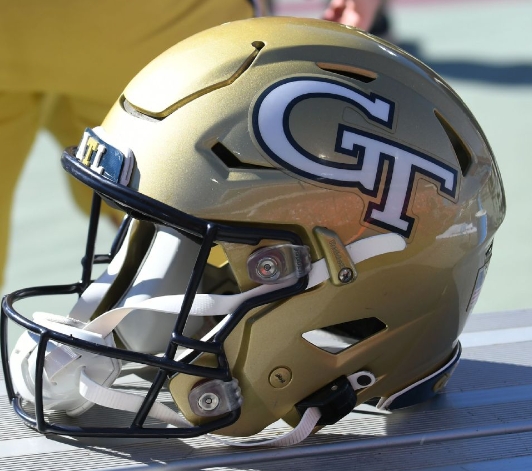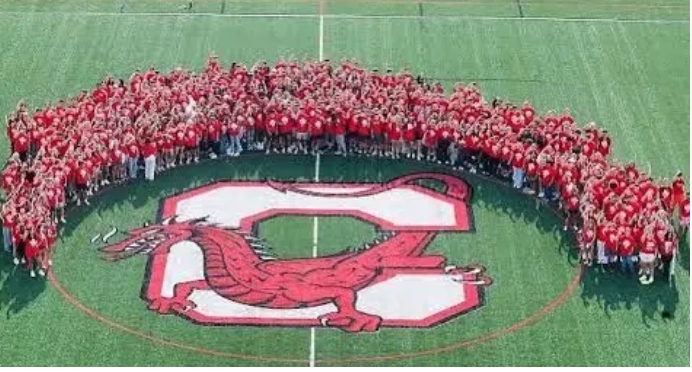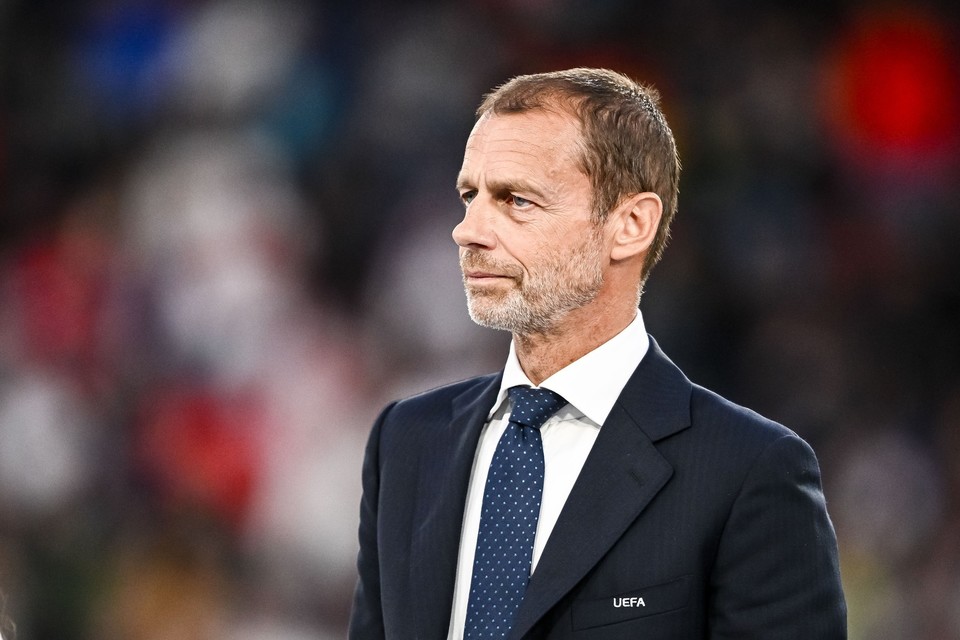Scott Pilgrim Faces Criticism Nationwide Over New Adaptations
Since its debut nearly two decades ago, Scott Pilgrim has been widely celebrated for its unique style and humor. However, recent adaptations and expansions of the franchise have ignited waves of criticism from various groups across the country, questioning its relevance, cultural representation, and storytelling direction. The release of the new Netflix animated series, Scott Pilgrim Takes Off, along with other spin-off projects announced by creator Bryan Lee O’Malley, has sparked debates about whether the franchise’s updated portrayal aligns with modern social and cultural expectations.
Mixed Reception for New Content
One of the major points of contention among fans and critics alike has been the portrayal of relationships and character dynamics in the new series. While the original comics and movie adaptation had a dedicated fan base, some viewers argue that the series’ portrayal of Scott Pilgrim as a flawed but endearing protagonist doesn’t resonate in today’s context. Critics claim that Scott’s often immature and self-centered personality, along with his troubled relationships, may not have aged well. They believe these elements, while central to the story’s conflict and humor, send mixed messages, particularly to younger viewers.
A social media backlash has seen hashtags like #ScottPilgrimOutdated trending on platforms like Twitter and Instagram, with some calling for a re-evaluation of Scott’s behavior. “Scott’s constant ‘boy-next-door’ attitude as he stumbles through relationships with women should be explored in a more critical light,” commented Alex Navarro, a culture critic. “The way relationships are depicted here doesn’t exactly align with healthier relationship standards we encourage today.”
Issues with Representation and Diversity
While Scott Pilgrim was groundbreaking in its diverse character designs and innovative style, there’s criticism that it lacks depth in its representation, especially given the evolution of diversity and inclusion standards. For instance, Ramona Flowers, the female lead and Scott’s love interest, has faced criticism as a “manic pixie dream girl” stereotype, a trope that has become increasingly scrutinized. Some viewers argue that her character remains underdeveloped, largely serving as a catalyst for Scott’s journey rather than as a fully realized individual.
Additionally, fans and critics have pointed out the lack of representation for various racial and gender identities in the franchise. Although Scott Pilgrim includes a few non-straight characters, there is criticism that it fails to fully explore these characters’ identities or address issues related to their backgrounds. Activist writer James Yu expressed on social media, “The problem with Scott Pilgrim is not that it’s a product of its time, but that its reboots and adaptations don’t go far enough to deepen the representation of diverse characters in ways that matter.”
Response from Creators
In response to these criticisms, O’Malley and the creative team behind Scott Pilgrim Takes Off have acknowledged some of the issues. In a recent interview, O’Malley stated, “We’re aware of the different perspectives people have on Scott’s character and the story overall. While Scott Pilgrim has always been a satire of certain relationship tropes, we respect the conversation around evolving cultural expectations.” Despite this, O’Malley also defended the choice to retain Scott’s complex and flawed personality, arguing that this is central to the humor and conflict of the series.
The creators of the animated series have also noted they tried to expand the roles of supporting characters, giving them more nuanced story arcs. However, some fans feel these changes were not enough to address concerns of inclusivity and modernization.
A Divided Fandom
As the Scott Pilgrim universe expands, it seems to be dividing its long-time fanbase. Some ardent supporters believe that the franchise should remain faithful to its roots, while others argue that it must adapt more meaningfully to stay relevant. With new adaptations on the horizon, the creators face the challenge of balancing nostalgia for original fans with the expectations of a more socially conscious audience.
The ongoing debate highlights a broader conversation about the reimagining of older, beloved media in a way that respects both its legacy and the evolving values of society. Only time will tell if Scott Pilgrim can bridge this divide, but for now, the franchise remains at the center of a cultural discussion about storytelling, representation, and accountability.
